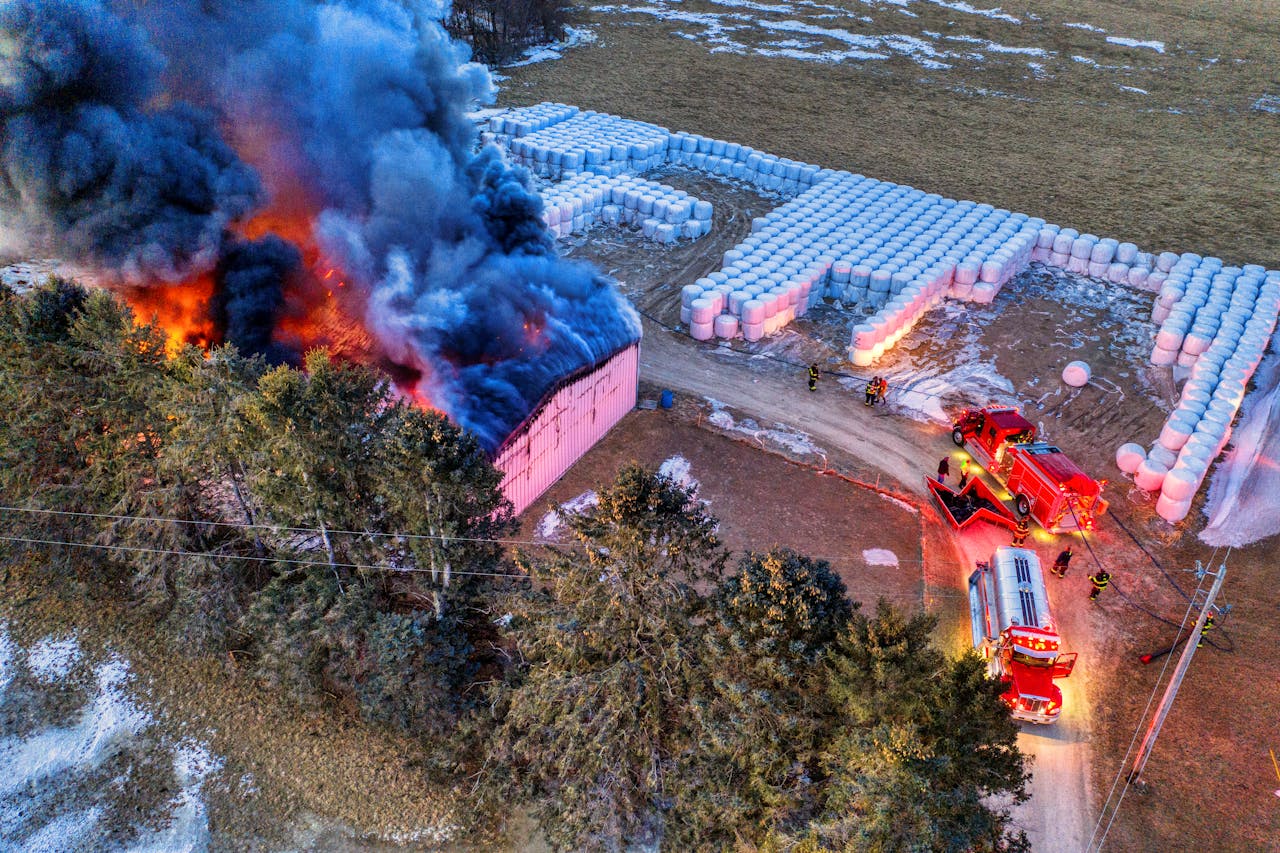
Best Practices for Recorded Statements and Good Listening

At the start of any investigation, the preferred method of obtaining a detailed statement from every involved party is to record the statement. In addition to the benefits of capturing more detail than with a written statement, the recorded statement enables your adjuster to focus on listening rather than writing notes. After all, the success of your investigations depends on your adjuster’s ability to ask relevant questions and to gather accurate and reliable information.
Planning and Preparation
To ensure your adjuster is focused on listening while taking statements, some basic planning and preparation goes a long way. A good recorded interview involves a few important factors:
Standard Questions
Most companies have a protocol to follow when preparing for an interview. Make sure you have a list of all the standard questions needed to be asked. There are amendments and exclusions to policies, so it’s important to confirm the party’s role and status at the exact time of the loss.
Focus questions
Preparing focus questions in advance that are specific to the particular claim, accident and circumstance can further ensure the success of the investigation. The time to prepare these questions is before the interview, not during it.
Consider each claim independently
While you may have a list to follow, the nature of the claim will determine which questions to ask. Interviewing someone after a trip-and-fall won’t generate the same questions as those relevant to a vehicle accident.
Technology
Having the ability to store recorded statements in a reliable fashion as part of the claim file allows for increased productivity. Recorded statements taken in person can be shared quickly with other adjusters if necessary. By nature, they also provide the ability to take statements remotely in a timely and cost effective fashion.
Consistency
The key for successful planning and preparation to pay off is consistency. Make sure the processes and tools you have in place are followed consistently for every interview.
 Listening
Listening
Being a good listener isn’t as easy as it sounds. Thoroughly listening to an answer rather than furiously taking notes, allows you to ask the right follow-up questions, which may trigger new uncovered details taking the investigation into an entirely new direction.
Stop and Listen
By following this simple rule, the party’s response can trigger new questions and may change the direction of the statement and even the investigation. Don’t just ask the question to check a box then move on. Listening and responding to the answers with the correct next question is crucial. It takes a developed talent.
Just the facts Ma’am
Don’t just confirm the facts of what happened and move on. Anyone can do that and Joe Friday did it the best. By incorporating the different aspects of the claims with heavy diverse claims background handling will insure that the right questions are asked and answered.
So what may seem like a silly question or an ordinary question can easily resolve liability or coverage that is pending or both.
Conclusion
Recording the statement gives it a permanent nature, allowing the adjuster to easily and accurately refer back to it. For example, if a claim drags on into years of litigation, the recording can be used to refresh one’s memory of the events.
Consistently following a process for planning and preparation of an interview enables the adjuster to focus on listening that will result in obtaining more accurate information. Listening is a crucial skill that is developed over time. Give your adjusters the processes and tools they need to become great listeners and excellent adjusters.

